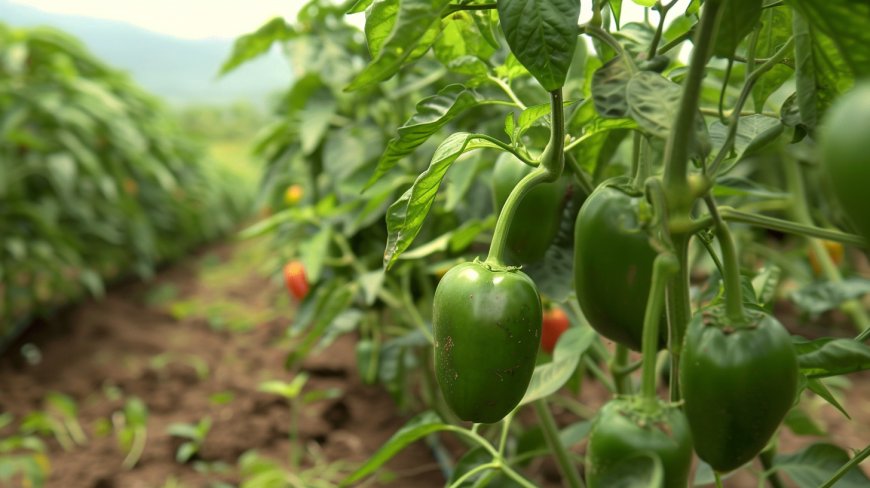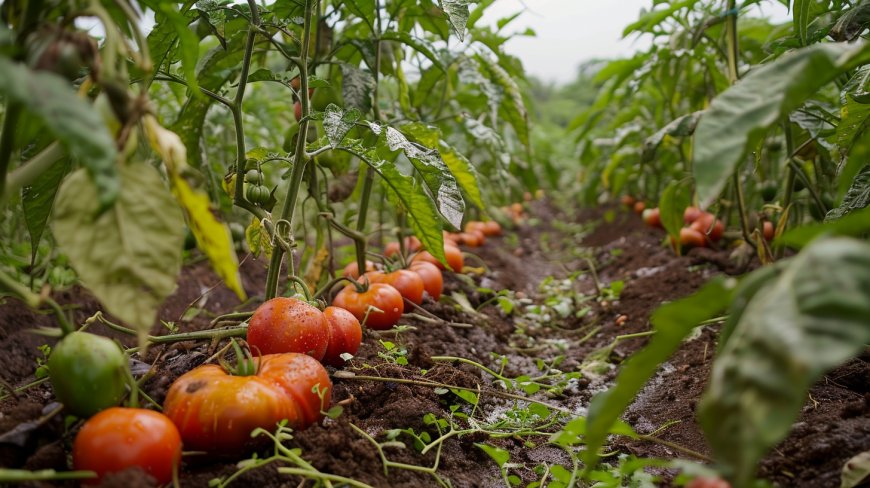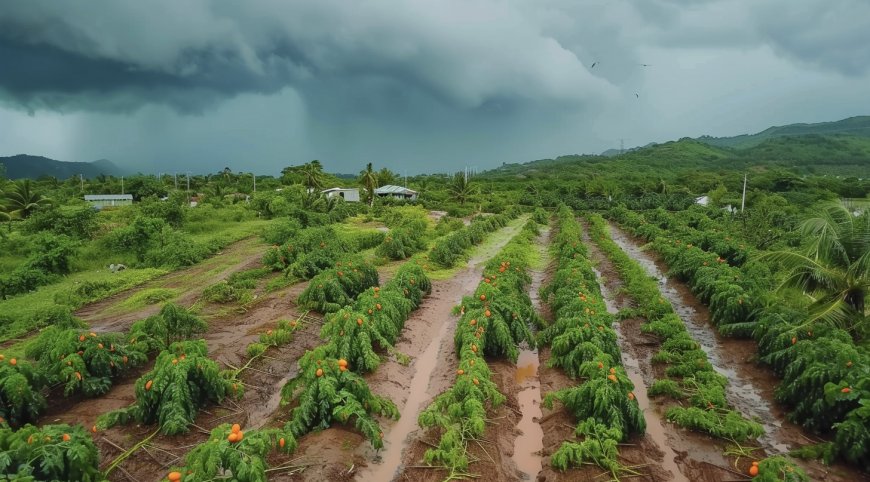Hurricane Beryl's Impact on Vegetable Farmers and Efforts to Recover

Devastation in the Agriculture Sector
The powerful Hurricane Beryl, a category-four cyclone, passed just south of Jamaica on July 3, leaving behind a trail of destruction. The agriculture sector, in particular, suffered significant damage and losses totaling over $1 billion, according to preliminary estimates. The Jamaica Agricultural Society (JAS) President, Lenworth Fulton, highlighted that cabbage, lettuce, Pak choi, callaloo, and cauliflower were among the main vegetables severely affected by the hurricane's wrath.
Farmers' Resilience and Recovery Efforts

Despite the devastating blow, some vegetable farmers have already begun their efforts to recover and rebuild. Many of them still have seeds and planting material, allowing them to return to the fields swiftly. However, a new challenge emerges for these farmers – controlling the rapid growth of weeds. Fulton suggested that the government provide assistance by supplying weedicides to keep the weeds under control. Additionally, farmers require insecticides and fungicides to combat existing and potential pathogens, ensuring the health and productivity of their crops.
Implications on Food Supply and Agro-processing
The damage inflicted on the agriculture sector by Hurricane Beryl will likely lead to food shortages and impact Jamaica's agro-processing and value-added capacity. In the short-term, there will be scarcities of melon, cantaloupe, and cucumber. However, Fulton reassured that within the next 12 weeks, these food items will become readily available again. Nevertheless, the blow to the sector was not limited to southern parishes alone, as agriculture in all regions of Jamaica felt the devastating effects.
Losses in Banana and Plantain Production
One of the most significant losses incurred by farmers was approximately 3,500 acres of plantain and bananas. Fulton explained that a considerable portion of the bananas would typically be used for Jamaica Producers' ripening trade. Consequently, a shortage of ripe bananas is expected. Additionally, the loss of green bananas, which are used for cooking purposes, will further impact the market. Farmers who previously cultivated around 500 acres of bananas in their fields will no longer be able to supply the market.
Orchards and Hot Pepper Farms Affected

Not only were vegetable crops affected, but orchard crops for export and those used for agro-processing also suffered. Mangoes were entirely wiped out, and in St. Thomas, most of the ackees were blown off the trees. However, Fulton advised that mature ackees that fell to the ground can still be collected and opened naturally for consumption. The hot pepper farms, crucial for agro-processing, were also hit hard by Hurricane Beryl, further impacting production.

Urgent Repairs and Government Support
The GraceKennedy processing facility in St. Elizabeth sustained significant damage, emphasizing the urgent need for repairs. Fulton stressed that immediate government intervention is necessary to assist the affected farmers and ensure a swift recovery for the agriculture sector as a whole. By providing support and resources, the government can help farmers overcome the challenges posed by Hurricane Beryl and mitigate the long-term consequences on food supply and agro-processing.









